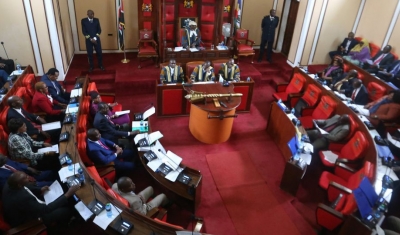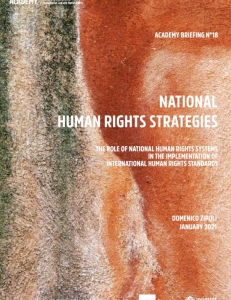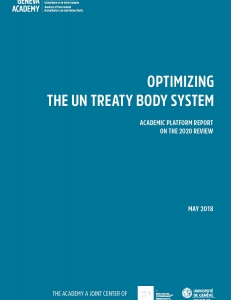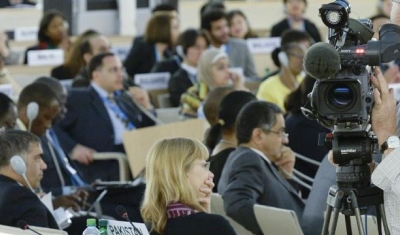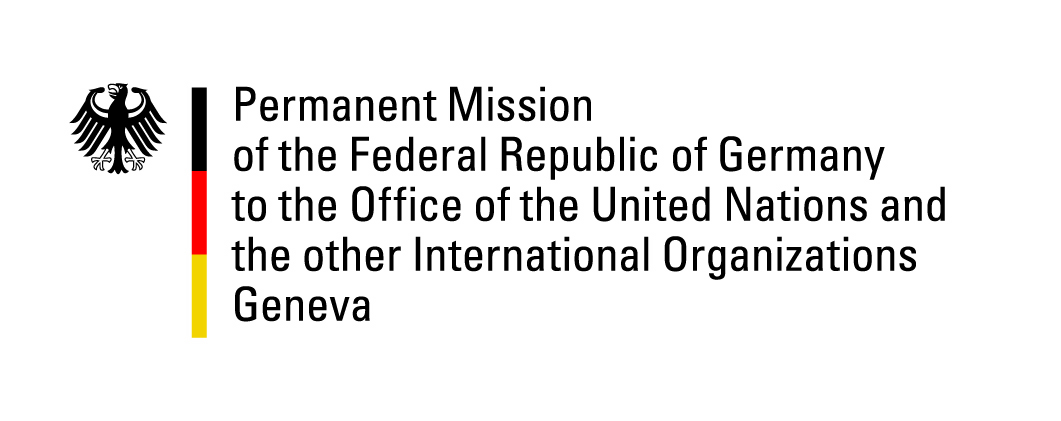 |
 |
The proliferation of United Nations (UN) and regional human rights mechanisms demands a systemic study of their national dynamics and effects, as states struggle to keep up with their reporting obligations and the implementation of a growing number of recommendations. In addition, UN and regional human rights systems often overlap in scope, whilst not prescribing strict measures of implementation. This entails that all domestic actors (governmental actors, independent state actors, and non-state actors) have multiple roles to play in relation to the implementation of international human rights norms and recommendations.
Improving the system at the international level constitutes therefore only one side of the coin. We also need to understand whether the international human rights system may benefit from improved coordination and leveraging of synergies at the national level.
This project – coordinated by Dr Domenico Zipoli – analysed the role of national human rights systems (NHRSs) in implementing international human rights standards and recommendations.
Partners
Consultation partners for this project included the Defensoria de Los Habitantes de Costa Rica, the National Human Rights Commission of Mongolia, the National Human Rights Council of Morocco, the Danish Institute for Human Rights and the Office of the UN High Commissioner for Human Rights (OHCHR).
This research project was supported by the Permanent Mission of the Federal Republic of Germany to the Office of the United Nations and to the other International Organizations in Geneva.



